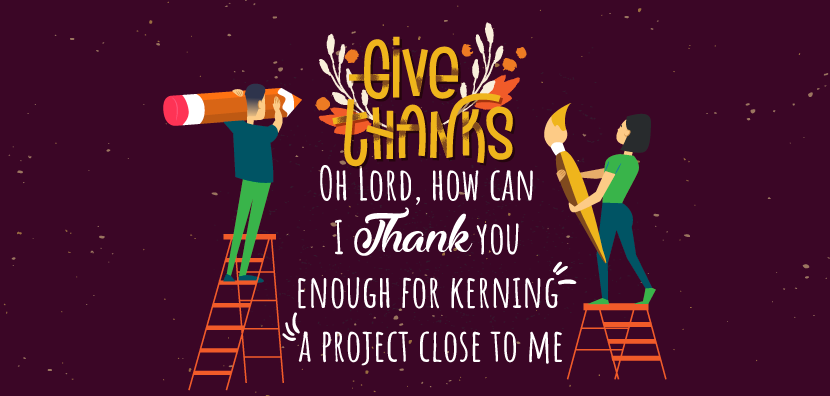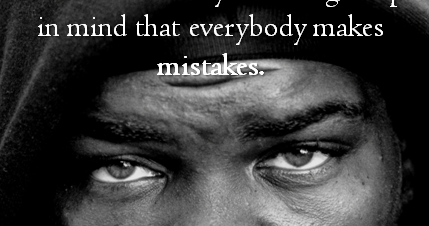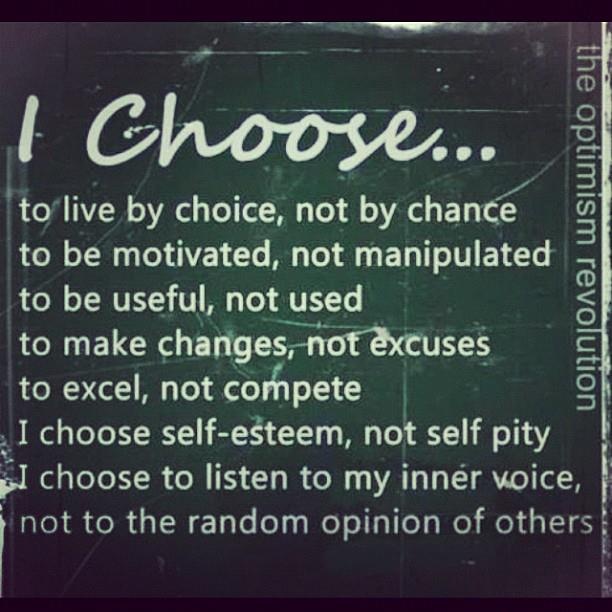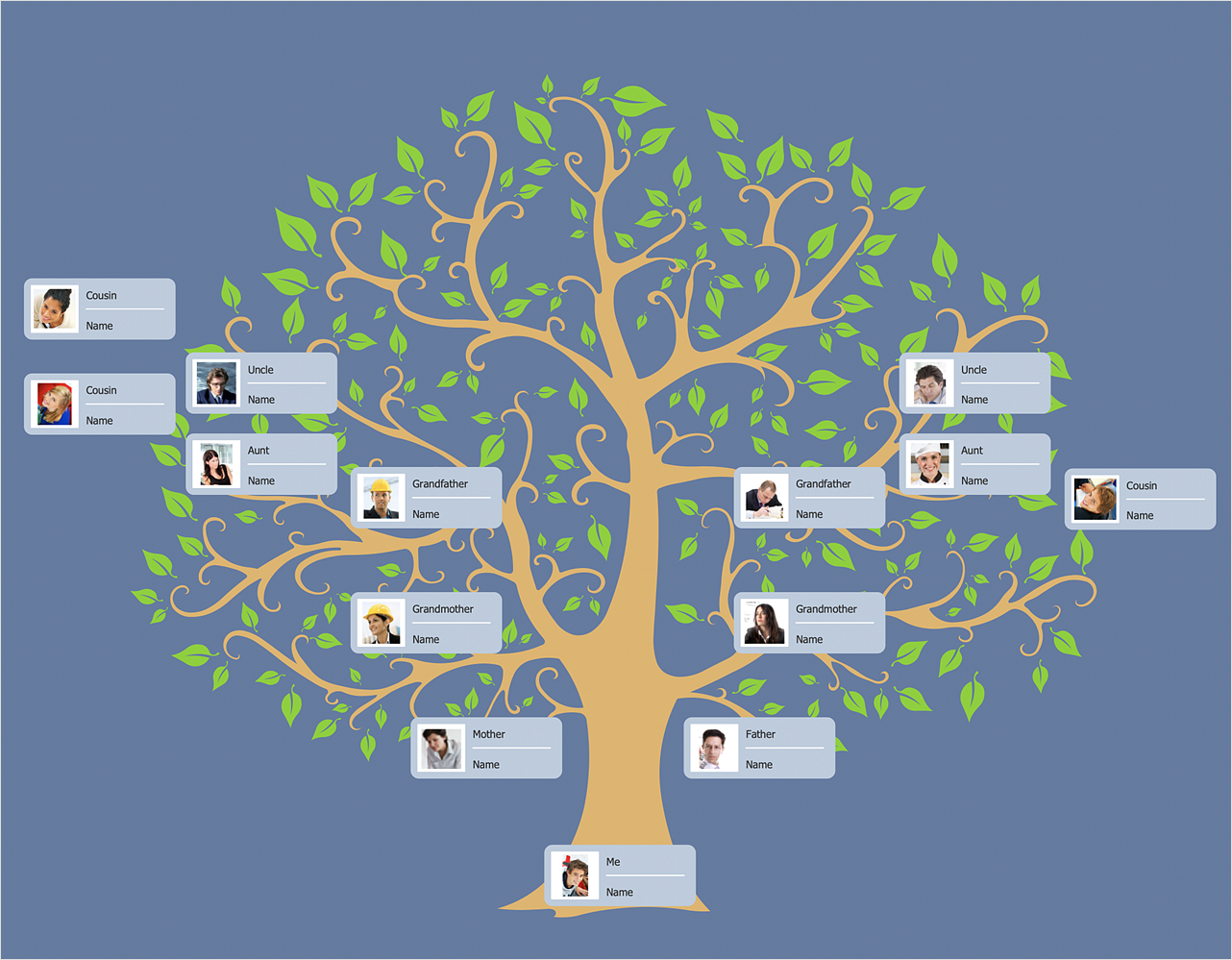Toxic masculinity quotes
Table of Contents
Table of Contents
Toxic masculinity has been a hot topic of conversation for some time now. With the hashtag #MeToo movement and the rise of feminist voices, the discussion surrounding what it means to be a man in today’s world has expanded, bringing to light the harmful effects of toxic masculinity. Toxic masculinity, as defined by psychologist Terry Kupers, refers to a certain set of behaviors commonly associated with men, including dominance, aggression, and a lack of emotionality. These behaviors can lead to negative health outcomes, social isolation, and a myriad of other issues.
The Pain Points of Toxic Masculinity Quotes
Traditional gender roles and stereotypes have made it difficult for men to express their emotions and be vulnerable. Toxic masculinity perpetuates harmful ideas about what it means to be a man, causing men to feel pressured to conform to a certain set of standards. This can lead to a sense of insecurity and feelings of inadequacy, as well as the suppression of emotions and a reluctance to seek help when needed.
What is the Target of Toxic Masculinity Quotes?
Toxic masculinity quotes are intended to shed light on the harmful effects of outdated ideas about gender roles and masculinity. These quotes serve as a reminder that men should not feel ashamed to express their emotions and be vulnerable, and that the perception of what it means to be a man needs to shift towards one that allows for a range of emotions and behaviors.
Summary of Main Points
In summary, toxic masculinity quotes aim to address harmful behaviors that are commonly associated with traditional gender roles and stereotypes. These behaviors can lead to negative mental and physical health outcomes, as well as social isolation and a sense of inadequacy. The target of these quotes is to encourage men to embrace a wider range of emotions and behaviors, and to shift away from harmful ideas about what it means to be a man.
Personal Experience with Toxic Masculinity Quotes
As a male myself, I’ve struggled with the pressure to conform to traditional gender roles and stereotypes. Growing up, my father emphasized the importance of emotional strength and physical toughness, which left little room for vulnerability or emotional expression. It wasn’t until I was much older that I realized the negative impact this mindset had on my mental health. Reading toxic masculinity quotes helped me to understand that there’s nothing inherently wrong with expressing emotion or being vulnerable, and that doing so can actually lead to greater mental and emotional well-being.
 The Effect of Toxic Masculinity on Relationships
The Effect of Toxic Masculinity on Relationships
When men are expected to be dominant and emotionless, it can have a negative impact on their relationships. Toxic masculinity perpetuates the idea that men should always be in control and hold the power in the relationship. This can lead to a lack of communication, empathy, and emotional connection, ultimately causing harm to both parties involved.
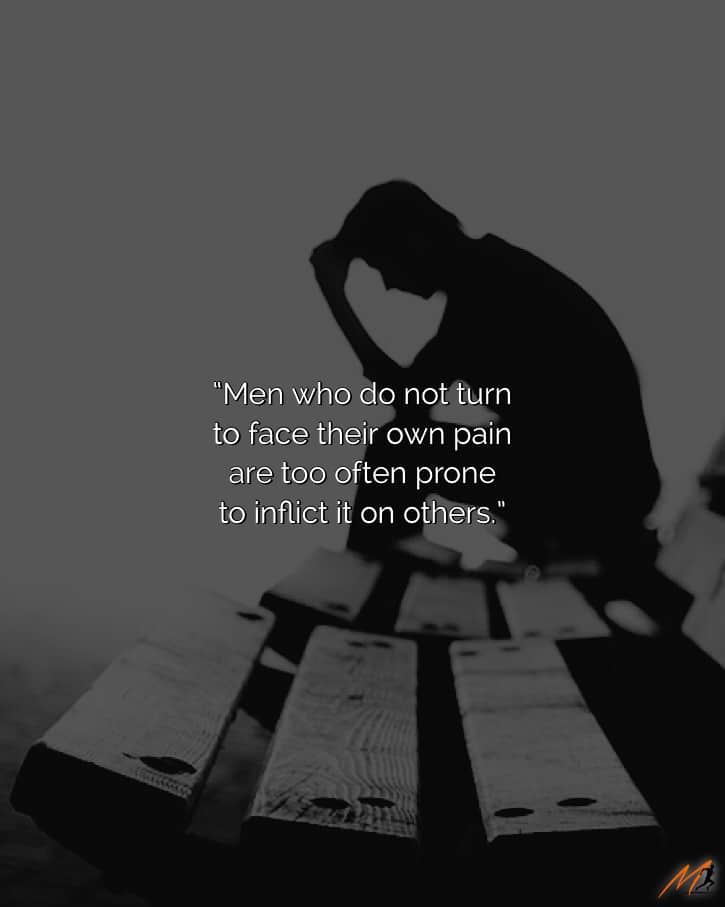 ### The Impact on Mental Health
### The Impact on Mental Health
The negative effects of toxic masculinity extend beyond just relationships. The pressure to conform to traditional standards of masculinity can cause men to feel insecure, ashamed, and inadequate. This can lead to depression, anxiety, and other mental health issues. By challenging toxic masculinity and promoting a more inclusive and accepting definition of masculinity, we can help to promote positive mental health outcomes for men.
 #### Moving Forward
#### Moving Forward
Toxic masculinity quotes are just one small part of a larger conversation about gender roles and stereotypes. By embracing a wider range of emotions and behaviors, both men and women can help to create a more equal and accepting society. It’s time to challenge harmful ideas about what it means to be a man and promote a more inclusive and accepting version of masculinity.
Question and Answer
Q: What are some common examples of toxic masculinity?
A: Some common examples of toxic masculinity include sexual aggression, physical violence, and a lack of emotional expression.
Q: How can we combat toxic masculinity?
A: We can combat toxic masculinity by promoting a more inclusive and accepting definition of masculinity, challenging harmful stereotypes and gender roles, and encouraging men to embrace a wider range of emotions and behaviors.
Q: How does toxic masculinity impact society?
A: Toxic masculinity can lead to a range of issues, including negative health outcomes, social isolation, and a lack of empathy and emotional connection in relationships.
Q: How can toxic masculinity impact mental health?
A: Toxic masculinity can lead to feelings of inadequacy, shame, and insecurity, causing depression, anxiety, and other mental health issues.
Conclusion of Toxic Masculinity Quotes
Toxic masculinity quotes serve as a reminder that men are not limited to a narrow set of emotions and behaviors, and that traditional gender roles and stereotypes can be harmful to both men and women. By challenging toxic masculinity and promoting a more inclusive and accepting version of masculinity, we can create a society that is more empathetic, connected, and equal.
Gallery
Robert Jensen Quote: “Toxic Masculinity Hurts Men, But There’s A Big
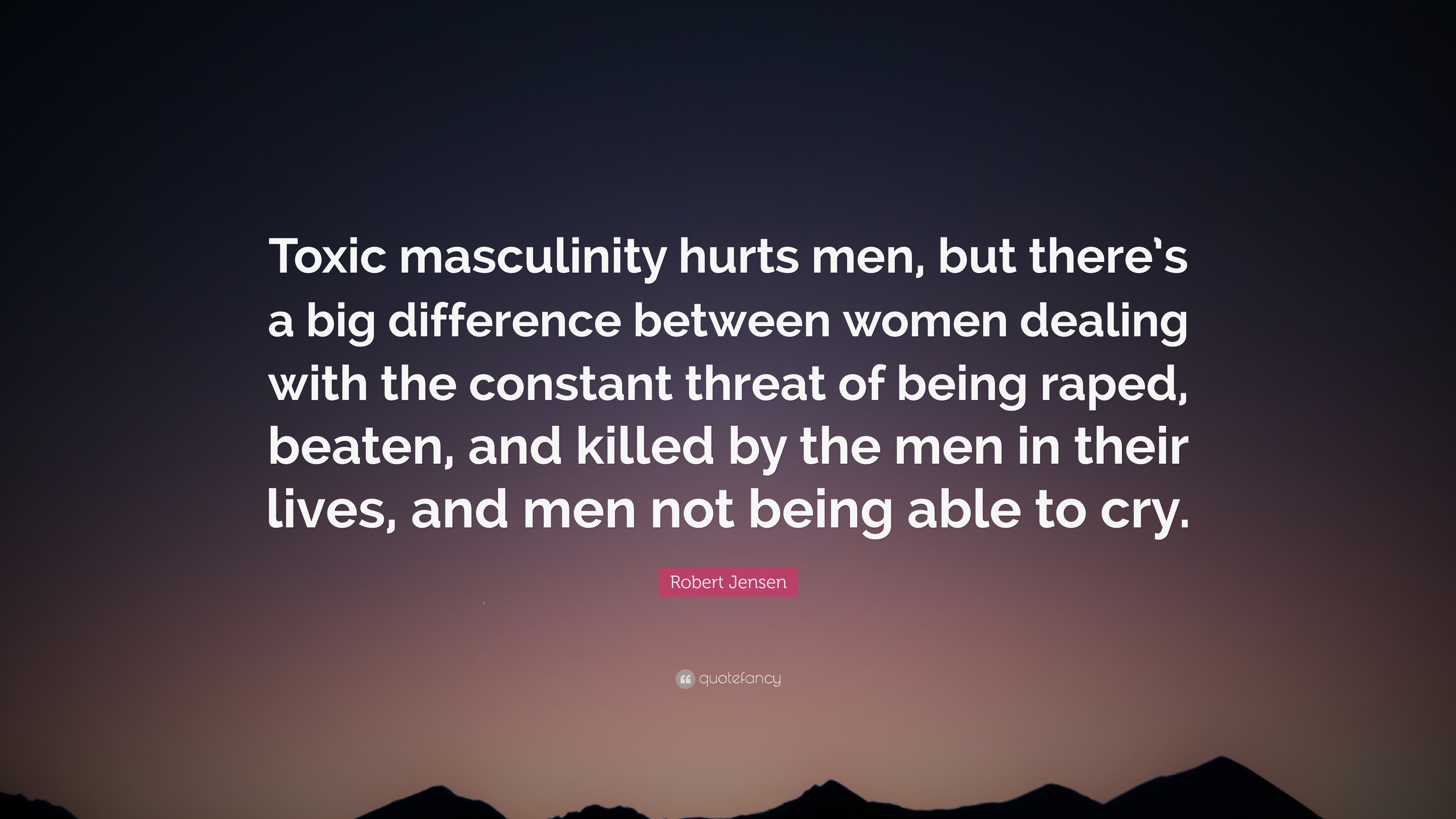
Photo Credit by: bing.com / masculinity toxic quote men quotes jensen robert every there smile chicken waitley denis russell bertrand hurts big but being language
Top 4 Quotes & Sayings About Toxic Masculinity

Photo Credit by: bing.com / masculinity considered miya yamanouchi manly
Toxic Masculinity Quotes - ShortQuotes.cc

Photo Credit by: bing.com / masculinity toxic quotes emotional intelligence men anger nontoxic feminist metoo self help good kids
Toxic Masculinity Quotes - ShortQuotes.cc

Photo Credit by: bing.com / quotes masculinity toxic boys boy his relationship psychological men conversation split five categories below start into collection find man stereotype
25 Quotes On Masculinity, What Can Make It “Toxic,” And Raising Boys.

Photo Credit by: bing.com / quotes masculinity toxic prone men face boys terrence inflict often pain turn others too own their who quote harm cycle


